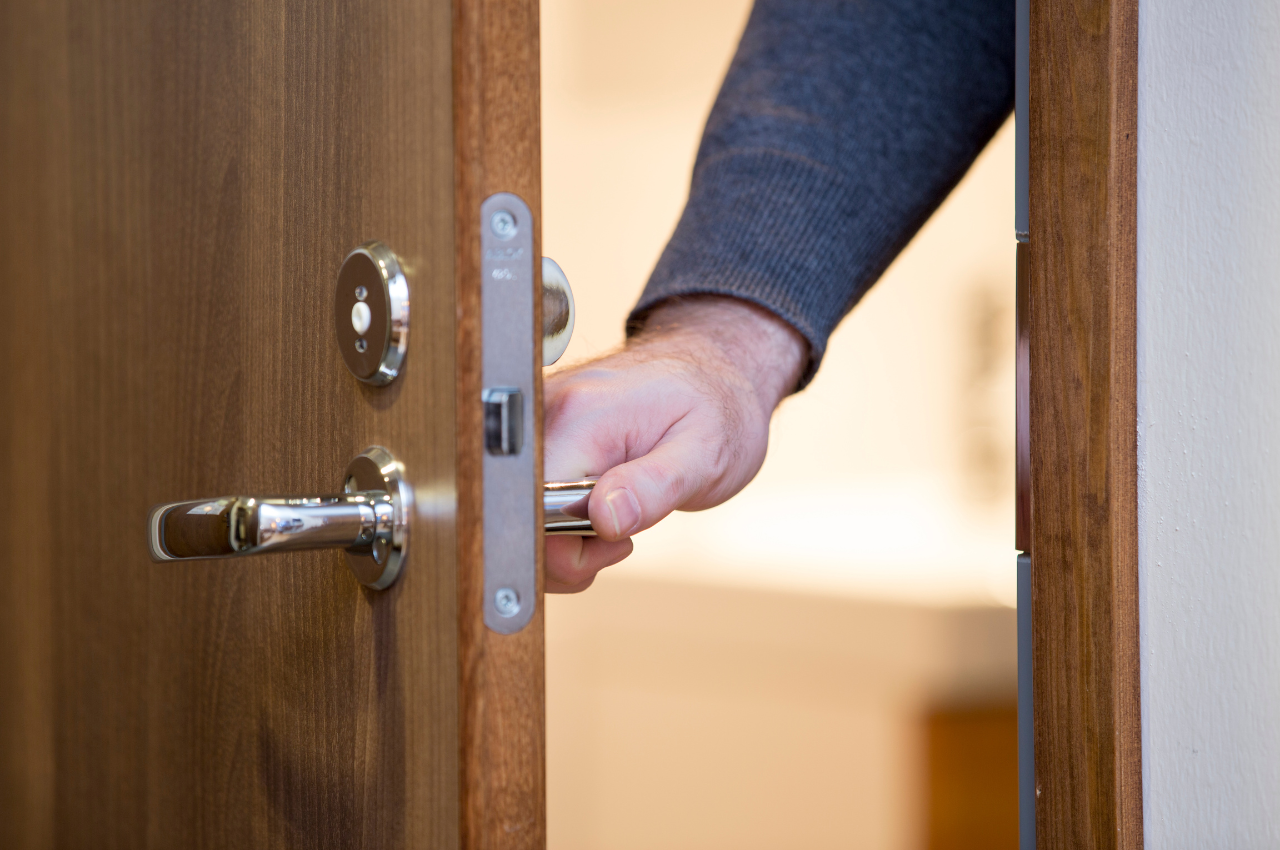|
BLOG
Korte and Associates
News
GET THE LEGAL ASSISTANCE YOU REQUIRE AT THIS MOMENT
|
Can The Landlord Come Into My Apartment?

Understanding Your Florida Landlord's Right of Entry
Once you rent a home or apartment, it becomes your private dwelling. In Florida, your right to peaceful possession and privacy as a tenant is significant, much like if you owned the property. However, landlords do have specific, legally defined reasons and ways they can enter your rented unit.
This can be a tricky balance, and it's essential for Florida tenants to understand when and why your landlord can enter your apartment and what constitutes proper notice. You can explore more about tenant rights in Florida.
Your Fundamental Right: Peaceful Possession
When you sign a lease agreement in Florida, you gain the right to "peaceful possession" of the property. This means you have the right to enjoy your rented space without unreasonable interference from your landlord. This right to privacy is a cornerstone of tenant law.
When Can Your Landlord Legally Enter Your Florida Apartment?
While your privacy is protected, Florida Statute 83.53 clearly outlines the specific circumstances under which your landlord is permitted to enter your dwelling unit:
- To Inspect the Premises: Landlords can enter to inspect the property for maintenance issues, lease violations, or general upkeep.
- To Supply Agreed-Upon Services: This includes services promised in your lease, like pest control, landscaping (if it applies to your unit's interior), or cleaning services.
- To Make Necessary or Agreed-Upon Repairs: This is one of the most common reasons for entry, addressing maintenance issues like a plumbing leak, appliance repair, or structural concerns.
- To Show the Unit to Prospective or Actual Purchasers, Mortgagees, Tenants, Workers, or Contractors: If your lease term is ending or the property is for sale, your landlord can show the unit to interested parties.
- With Your Consent: You can always give your landlord permission to enter at any time, for any reason. However, your consent should be freely given, not coerced.
What Constitutes "Reasonable Notice" and "Reasonable Time" in Florida?
For routine entries (like inspections, repairs, or showings), Florida law specifies requirements for notice and timing:
- Reasonable Notice: The landlord must provide you with at least 12 hours' notice prior to their intended entry. This notice should be in writing (e.g., a note on your door, email, or text) and clearly state the date, time, and reason for entry.
- Reasonable Time: Unless you agree otherwise, the entry must occur between the hours of 7:30 a.m. and 8:00 p.m.
Important Note: The 12-hour notice and time restrictions generally do not apply to emergency entries (see below) or if you've given consent.
When Can Your Landlord Enter WITHOUT Prior Notice?
There are limited situations where your landlord can legally enter your apartment without the usual 12-hour notice:
- In Case of Emergency: If there is an immediate threat to the safety or welfare of the residents or the property (e.g., a burst pipe, gas leak, fire, or suspected active crime), your landlord can enter without notice to protect or preserve the premises.
- With Your Consent: If you give your explicit consent for entry, your landlord does not need to provide 12 hours' notice. This is often the case if you call them for a repair and agree to immediate entry.
- If You Unreasonably Withhold Consent: If your landlord provides proper notice and you unreasonably refuse entry for a legitimate reason (like an emergency repair), the landlord may be able to enter. However, this is a grey area and can lead to disputes; it's always best to communicate openly.
- When You Are Absent for an Extended Period: If you are absent from the premises for a period equal to one-half the time for periodic rental payments (e.g., 15 days if you pay rent monthly), and the rent is unpaid, the landlord may enter. For example, if you pay monthly, and you're gone for more than 15 days and fail to pay rent, the landlord might enter.
What if Your Landlord Violates Your Privacy Rights?
If your landlord repeatedly enters your apartment without proper notice, for illegitimate reasons, or at unreasonable times, they may be violating your right to privacy and peaceful possession. Understand what to do if your landlord violates your privacy.
- Document Everything: Keep a detailed log of every unauthorized entry, including dates, times, and circumstances.
- Communicate in Writing: Send a formal written notice to your landlord, clearly stating that their entries are a violation of Florida Statute 83.53 and demanding that they adhere to the law. Mention their obligation to provide proper notice.
- Seek Legal Counsel: If the problem persists, or if your landlord retaliates against you for asserting your rights, it's crucial to speak with a landlord-tenant attorney. You may have grounds to seek damages or even terminate your lease in extreme cases of repeated, unreasonable entry.
Key Takeaways for Florida Tenants
- Your privacy in your rented home is a protected right in Florida.
- Landlords generally need to provide at least 12 hours' written notice and enter between 7:30 a.m. and 8:00 p.m. for routine purposes.
- Emergencies, your consent, and extended absence with unpaid rent are exceptions to the notice rule.
- Document any issues and communicate formally with your landlord if you believe your rights are being violated.
Do you have questions about your landlord's right to enter your apartment? Or are you facing a landlord who is violating your privacy?
Contact Korte & Associates today for a confidential consultation. We can help you understand your rights and protect your peaceful possession in Florida.


